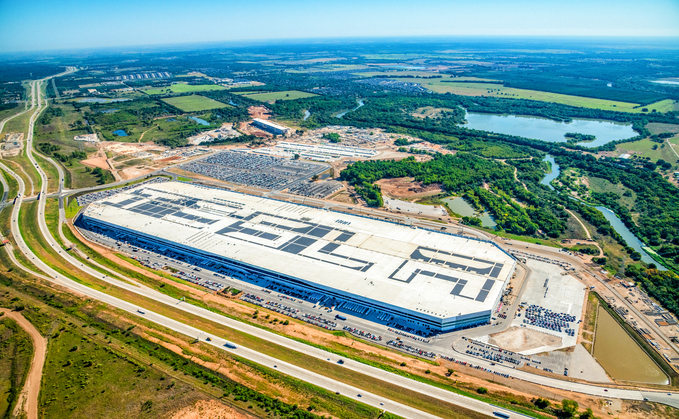
Tesla gigafactory near Austin, Texas | Credit: iStock
Despite an eagerness to compete the EU remains 'less attractive' for clean tech investment and development compared to US, according to new BloombergNEF report
The US remains a far more attractive market to invest in and develop clean technologies than Europe, with the EU still struggling to compete with the generous subsidies and trade policies offered under...
To continue reading this article...
Join BusinessGreen
In just a few clicks you can start your free BusinessGreen Lite membership for 12 months, providing you access to:
- Three complimentary articles per month covering the latest real-time news, analysis, and opinion from Europe’s leading source of information on the Green economy and business
- Receive important and breaking news stories via our daily news alert
- Our weekly newsletter with the best of the week’s green business news and analysis








